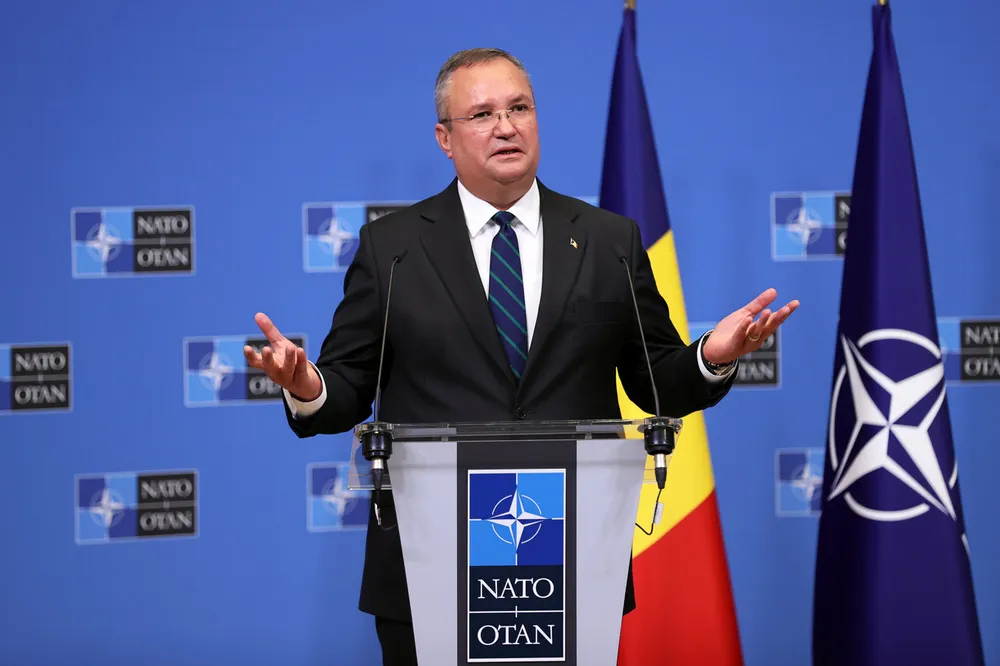Giant coal power plant in Romania to be converted into 1.5GW hydrogen-ready gas-fired facility at a cost of €1bn
Jordanian company Mass Group says its conversion of the recently decommissioned Mintia plant will be completed within three years

Jordanian company Mass Group says its conversion of the recently decommissioned Mintia plant will be completed within three years
